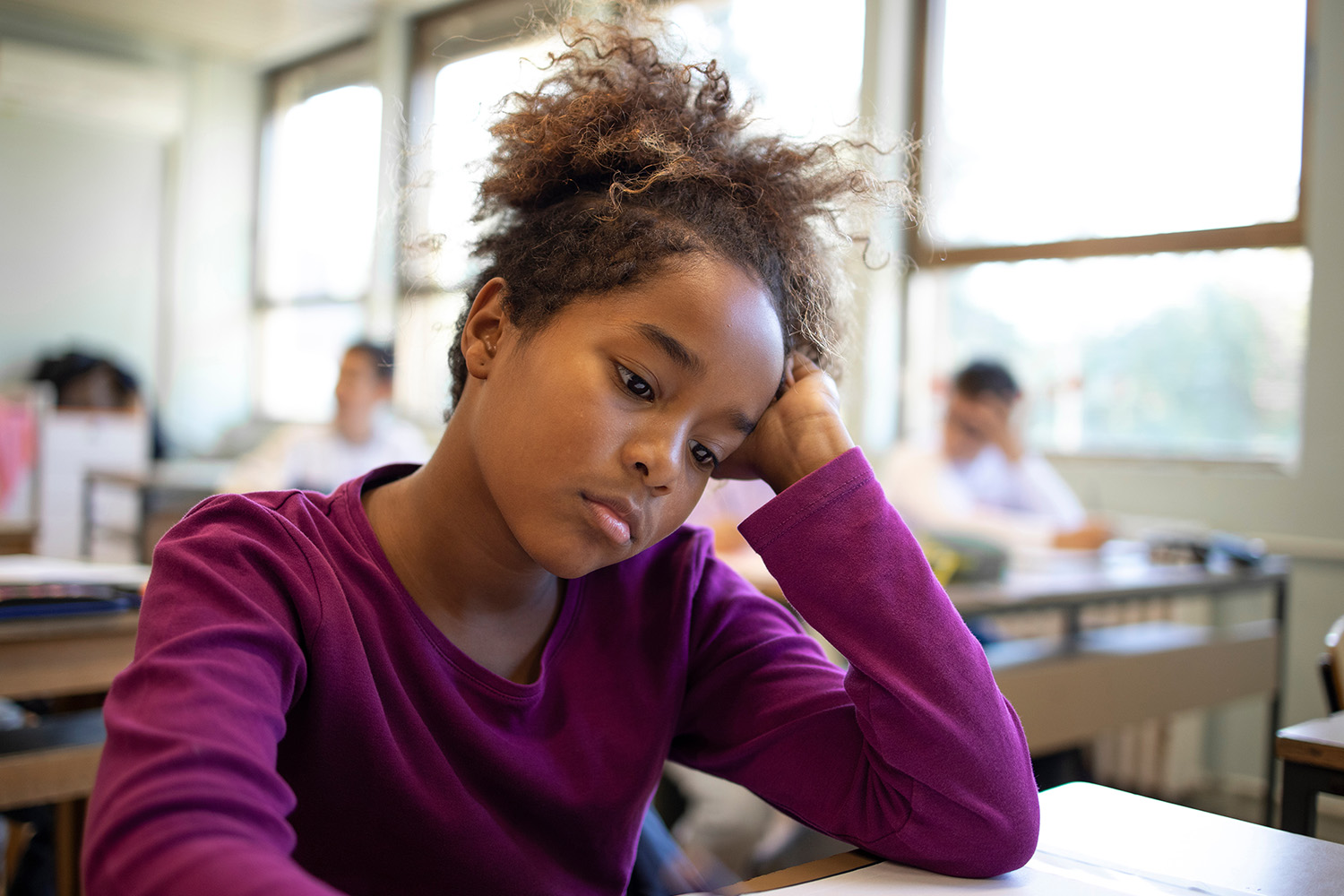By Alex Levitt
As Reported in Insight into Diversity, “This July marks the 14th annual observance of BIPOC Mental Health Month, previously known as National Minority Mental Health Awareness Month. The observance comes at a critical time as concerns regarding psychological and emotional well-being are at an all-time high for young people and students, especially those from underrepresented communities.”
An ample collection of research on Mental Health America. has demonstrated that the educational, economic and social turbulence caused by the COVID-19 pandemic has worsened the epidemic of anxiety and depression among youth. For young people of color, these repercussions have been magnified by racial violence and discrimination. Yet this population is less likely to seek out psychological support services due to “the high costs of mental health care, the social stigma associated with seeking treatment, a lack of access to culturally competent counselors and a general mistrust of medical professionals.” (Insight Staff, 2022)
Mental health conditions are not selective based on race, color, gender or identity. The obstacles of mental illness can take hold of anyone regardless of their background or history. However, background and identity can make the availability of mental health treatment much more challenging. As reported in SAMHSA (Substance Abuse and Mental Health Services Administration), “America’s entire mental health system needs improvement, including when it comes to serving marginalized communities. This puts BIPOC youth at a serious disadvantage. For example, Black and Latinx children were about 14 percent less likely than White youth to receive treatment for their depression overall and were less likely to receive treatment in inpatient settings” (SAMHSA, 2020). Furthermore, The Trevor Project identifies that “LGBTQ+ youth from American Indian and Alaskan Native backgrounds were 2.5 times more likely to report a suicide attempt in the past year, compared to their non-Native LGBTQ+ peers.” (The Trevor Project, 2020).
There has been progress taking hold to improve the resources and support for minorities’ mental health, such as The Children’s Partnership and the National Black Women’s Justice Institute partnering together to establish the Hope, Healing and Health Collective (H3C). It says on their site that their “aim is to expand the availability and accessibility of culturally competent and gender-responsive mental health services and supports for youth of color, particularly Black girls, Indigenous youth and Latina girls.” (The Children’s Partnership, 2021) Unfortunately, behavioral health services are underutilized in marginalized communities despite the obvious need for them. The reasons why youth and adults of color do not participate in traditional mental health service include limited access, social stigma, misgivings about the effectiveness of treatment and distrust of providers.
Schools are proving to be leading the charge in providing support of BIPOC youths’ mental health. A study in the School Psych Review says that “youth are six times more likely to receive mental health care in schools compared to other community settings.” It also states that “In considering what serves young people well, schools must pay greater attention to how building power through youth organizing and leadership development supports positive mental health, builds on community strengths and supports developmentally driven needs for identity development that is reflective of their race, culture, gender and sexual orientation.” (Nadeem, Jaycox, Kataoka, Langley and Stein, 2011).
Historical and community traumas have also brought on disturbing patterns in children experiencing mental health crises. Patterns are exacerbated for youth with several marginalized identities, including their gender identity, sexual orientation and their race or ethnicity. As the Anxiety and Depression Association of America reports, BIPOC youth have found that, through social media, they are not alone in their mental health experience and journey. It takes a lot of courage and strength to consciously unlearn and destigmatize mental health as a young member of the BIPOC community. Youth are redefining what mental health means and are trying to discard some of the negative stigmas that have been taught or demonstrated by older generations. BIPOC youth are also advocating for themselves and actively working to change the way their communities acknowledge and embrace mental health.
Bio: Alex Levitt is a senior at Farmingdale State College, where he is majoring in Professional Communications. He is an intern for North Shore Child & Family Guidance Center, Long Island’s preeminent children’s mental health organization. To reach the Guidance Center, call 516-626-1971.
















